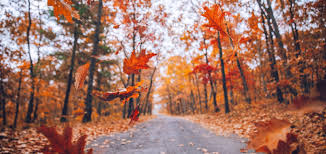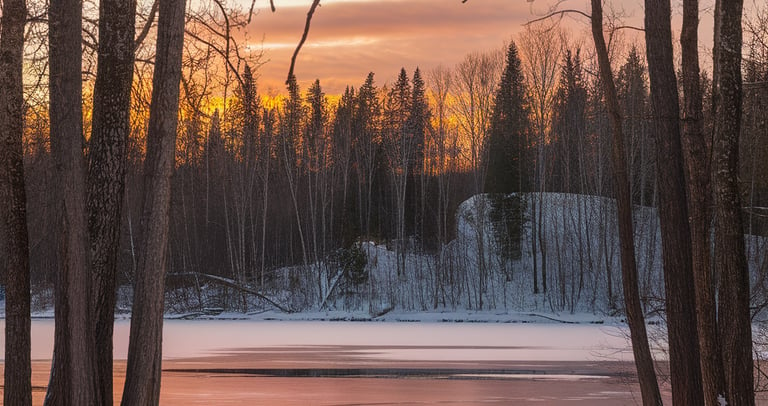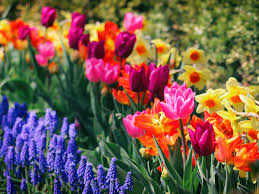
The Best Time To Trim Hedges In Vancouver
Best Time to Trim Hedges in Vancouver: A Seasonal Guide
Vancouver's unique climate and diverse landscape make it a beautiful city for gardening, but they also present specific challenges for hedge maintenance. Whether you're tending to cedar, boxwood, or laurel hedges, understanding the best times and techniques for trimming is crucial for maintaining healthy, attractive hedges year-round. At Blossom Landscaping we have extensive hedge knowledge for Vancouver specific situations, so if you need to know more feel free to contact us.
Common Hedge Types in Vancouver
Before diving into our seasonal guide, let's quickly review the most popular hedge types in the Vancouver area. Cedar (Thuja) hedges are evergreen, fast-growing, and excellent for privacy. Boxwood (Buxus) hedges are also evergreen, dense, and perfect for formal gardens. Laurel (Prunus laurocerasus) hedges boast glossy leaves and are tolerant of various conditions, making them a versatile choice for Vancouver gardens.
Spring: Prime Time for Major Pruning (Late March to Early May)
Spring is the ideal time for significant hedge trimming in Vancouver. As new growth begins, pruning encourages bushier, fuller hedges. For cedar hedges, trim new growth by about one-third, focusing on shaping the hedge. Avoid cutting into old wood, as it may not regenerate. Boxwoods can handle more severe pruning if needed; cut back winter-damaged branches and shape the hedge. Laurels respond well to hard pruning if they've become overgrown, so use this time to control size and shape.
For all types, ensure your tools are sharp and clean to prevent disease spread.
Summer: Light Maintenance (June to August)
During Vancouver's drier summer months, focus on light trimming to maintain shape and promote dense growth. Fast-growing hedges like cedar may need trimming every 6-8 weeks, while slower-growing types like boxwood may only need one mid-summer trim.
Given Vancouver's typically dry summers, ensure hedges receive adequate water, especially after trimming. Metro Vancouver offers water conservation tips that can help you maintain your hedges efficiently (https://metrovancouver.org/services/water/water-conservation).
Summer is also an excellent time to inspect hedges for pests or diseases common in the Pacific Northwest. The BC Ministry of Agriculture provides resources for identifying and managing plant health issues, which you can find on their Plant Health page (https://www2.gov.bc.ca/gov/content/industry/agriculture-seafood/animals-and-crops/plant-health).
Fall: Preparing for Vancouver's Winter (September to Early October)
Fall trimming is crucial to prepare hedges for Vancouver's wet winters. Complete major pruning by early October to allow healing before frost. Focus on removing dead or diseased branches and maintaining overall shape. Avoid heavy pruning, which can stimulate growth vulnerable to winter damage.
Consider applying mulch around the base of hedges to protect roots from freeze-thaw cycles common in Vancouver winters. This extra layer of protection can make a significant difference in your hedge's winter survival.
Winter: Minimal Care and Planning (November to February)
Winter is generally not the time for hedge trimming in Vancouver, except for emergency care. After heavy snow or ice storms, remove broken branches promptly to prevent further damage. Use this time to plan for spring, considering any major reshaping or replacement needed for your hedges.
Vancouver-Specific Hedge Trimming Tips
Vancouver's soil tends to be acidic and often clay-heavy. Ensure proper drainage around hedges and consider adding organic matter to improve soil structure. This can significantly impact the health and growth of your hedges.
Vancouver has specific bylaws regarding hedge height and maintenance, especially for corner properties. Familiarize yourself with these regulations by checking the City of Vancouver's website: (https://vancouver.ca/streets-transportation/vegetation-management.aspx).
Consider incorporating native species into your hedges. They're often more resistant to local pests and diseases. The City of Vancouver offers information on native plants suitable for our region, which you can find on their Biodiversity page: (https://vancouver.ca/parks-recreation-culture/biodiversity.aspx).
Proper hedge maintenance in Vancouver requires attention to our unique climate and understanding the specific needs of different hedge types. By following this seasonal guide, you'll ensure your hedges remain healthy, attractive, and in compliance with local regulations throughout the year.
Remember to adapt your trimming schedule based on Vancouver's weather patterns, which can vary from year to year. Regular, thoughtful maintenance will reward you with beautiful, thriving hedges that enhance your property and contribute to our city's green spaces.
Local Resources
For Vancouver-approved hedge trimming tools, visit local garden centers or hardware stores. Many offer eco-friendly, electric options suitable for residential use.
If you want to learn more about hedge trimming services, and about how we at Blossom Landscaping then click the underlined text above.










